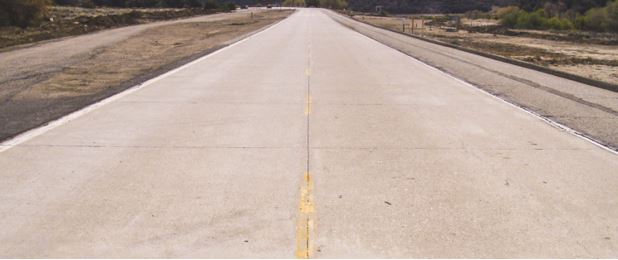
Back in 1865, the first ever concrete road was built in Inverness, Scotland. Today, almost 30% of all interstate highways in America are built of concrete. It is an environment-friendly choice, which is durable and cost effective. Cement analysis, concrete testing, and petrographic analysis are important for highway pavements and airport runaways, say experts at C3S Inc, a leading Houston-based concrete consulting service.
If you are wondering whether to get concrete walkways and pavements constructed, here are a few reasons why they are a good idea.
1. Night-Time Visibility
In America, 50% of all traffic deaths occur at night. Concrete roads can be a great way to reduce this figure. Research shows that concrete reflects light in a diffused manner, instead of a spectral manner.
This helps illuminate a wider space than other materials, including asphalt and bituminous. This is because it effectively reflects at all angles, improving night-time visibility and decreasing accident rates. In fact, concrete eliminates the need for street lights, thereby saving significant amounts of energy.

2. Environmental Performance
With the increasing world population, the natural resources have seen a steady depletion. But, concrete is one of the most easily recyclable construction materials. Concrete analysis services incorporate analytical methods to ensure there are no issues with the quality. It can be then used as a base material for new projects, like pavements and flood prevention.
Furthermore, due to the rolling resistance feature, vehicles tend to use much less fuel when running on concrete roads. This leads to low pollution from trucks, buses and cars.
3. Noise Free Car Rides
As of 2017, 63% of all protected lands in the US are subject to man-made noise, mainly from vehicles, according to data released by the US National Park Service. These sounds are twice as loud as the natural noises of the surroundings. But, properly constructed portland cement concrete pavements with transversely tined surface is smooth and comparatively less noisy. Further, concrete analysis services are able to handle the noise issues through various grinding techniques.
4. Locally Supplied Resources
It does not take much to produce concrete. Portland cement, water, sand and rocks, along with waste materials like fly ash are enough to create rock solid compound. These materials are abundantly available and builders do not have to import them. This makes concrete affordable and convenient for construction works. Additionally, getting concrete structure and roadway evaluation before beginning the construction work can further minimize disruptions during the building process.
5. Low Repair and Maintenance Cost
Only chemical processes like carbonation or exposure to chlorides can harm concrete structures. If the wrong chemicals are avoided, the overall maintenance effort is quite low. You can get in touch with professionals for forensic and material testing to improve sustainability over the long run. With the right recommendations, it is not difficult to increase the lifespan of your structure.
Qualitative assessments can determine the integrity and homogeneity of the material. Get the standard tests done to reap the ultimate benefits of concrete pavements.
Interesting related article: “Hedges better than trees at reducing near-road pollution.”

